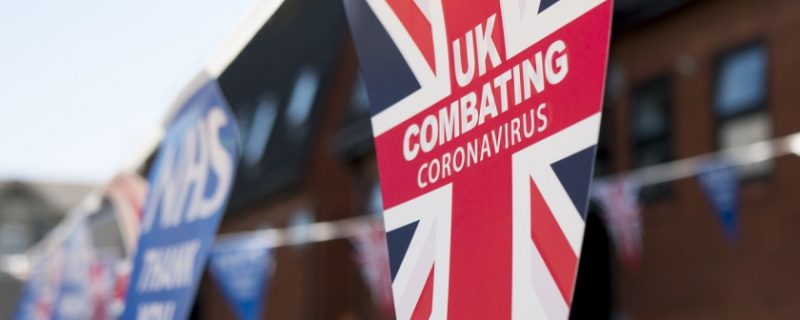10 Downing Street has confirmed the government is considering legislating to make working from home the “default” option by giving employees the right to request it. Responding to reports that ministers could change the law, Boris Johnson’s official spokesperson said a flexible working taskforce was examining how best to proceed.
“What we’re consulting on is making flexible working a default option unless there are good reasons not to,” they said. That would mirror the approach to other forms of flexible working, such as part-time hours. However, they emphasised there would be no legal right to work from home, adding that the prime minister still believed there were benefits to being in the office, including collaboration with colleagues.
Business lobby groups have said many of their members are considering keeping flexible and hybrid approaches adopted during the pandemic. Sixty-three per cent of members of the Institute of Directors said they intended to shift to working from home for office-based workers for between one and four days a week.
However, the Confederation of British Industry, another lobby group, said it opposed giving workers an automatic right to work from home. “The default must remain that businesses control where work is done. While they will need to talk with workers about this, accommodate flexibility where they can and explain these decisions, it can’t be unduly onerous to do so,” said Matthew Percival, the CBI’s director of people and skills. “That’s why a ‘right to request’ approach is the right one.”
The pandemic has ushered in drastically different working arrangements for many office workers, but the plan to legislate to support working from home had already been mooted in the Conservatives’ 2019 manifesto. Labour called on the government to clarify its position. Angela Rayner, Labour’s deputy leader, criticised the lack of clarity on plans for office-based workers, and called for stronger rights for staff “so that workers are not pressured or blackmailed back into unsafe workplaces”.
The government’s roadmap for unlocking the UK economy had initially suggested all restrictions would be removed in England from Monday, 21 June. However, that has been extended until at least 19 July to give more time to vaccinate people. Ministers have been advised that removal of all restrictions on workplaces could be risky, according to a document first reported by Politico. Instead, the government is thought to be considering advice for a hybrid approach, blending continued home working with sometime in the office when necessary.
“Throughout this crisis this government has failed working people time and time again, from refusing to classify Covid as a serious workplace risk to failing to crack down on unsafe workplaces and rogue employers who have put their staff at risk,” Rayner said.
“As we emerge from this crisis, we cannot have one-sided flexibility that allows employers to dictate terms to their workers when it comes to flexible working arrangements.” The Chartered Institute of Personnel and Development, which represents human resources professionals, has called for a change in the law to allow employees to request flexible working from the day they start.
The move is likely to spark a backlash amid fears it could damage productivity, harm businesses that rely on workers going into the office and prevent a return to normality in town and city centres.
A report from Tony Blair warned this week that almost six million white-collar jobs were at risk of being shipped abroad if the work-from-home revolution continued. The plans are also likely to spark a fierce Cabinet battle. Both Chancellor Rishi Sunak and Boris Johnson have spoken about the benefits of office life as well as the danger that a permanent home-based culture could create ‘zombie towns’. A Whitehall source said: ‘We are looking at introducing a default right to flexible working. That would cover things like reasonable requests by parents to start late so they can drop their kids at childcare. ‘But in the case of office workers it would also cover working from home – that would be the default right unless the employer could show good reason why someone should not. Ministers were also advised that face masks were likely to be needed ‘in some settings’, potentially for months or even years. And there was a warning that restrictions on foreign travel may have to remain in place for a ‘significant period.
The Scientists have suggested a culture change away from people bravely going into work if they don’t feel very well, amid fears they will spread Covid. Isolating at home if you have the key symptoms of Covid – a cough, temperature or a loss of taste/smell needs to become the new normal, they argue, until you have taken a test. However, others suggest tests and quarantine can be phased out over a period of months as vaccines hopefully drive down the infection rate to manageable levels. The report says that this will require a reform and increase to sick pay levels, warning that the current isolation regime has only a ‘low to medium’ effectiveness because people in low-paid or insecure roles cannot afford to lose out.
 222
222






